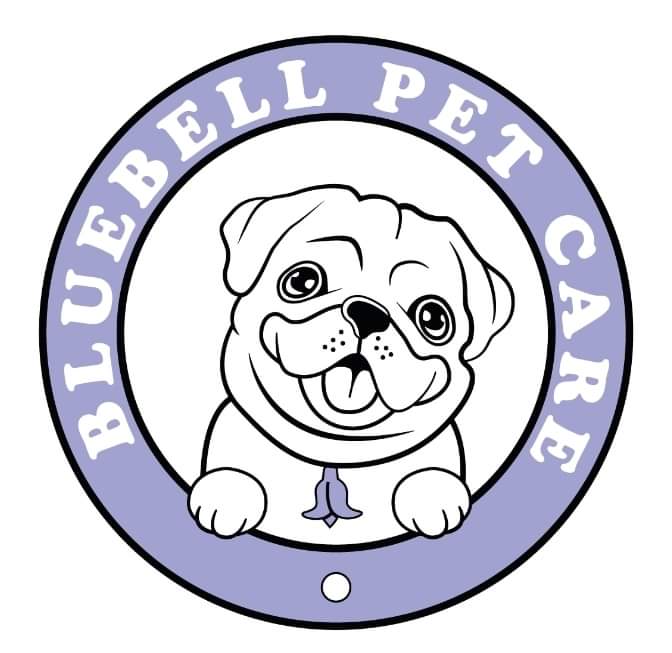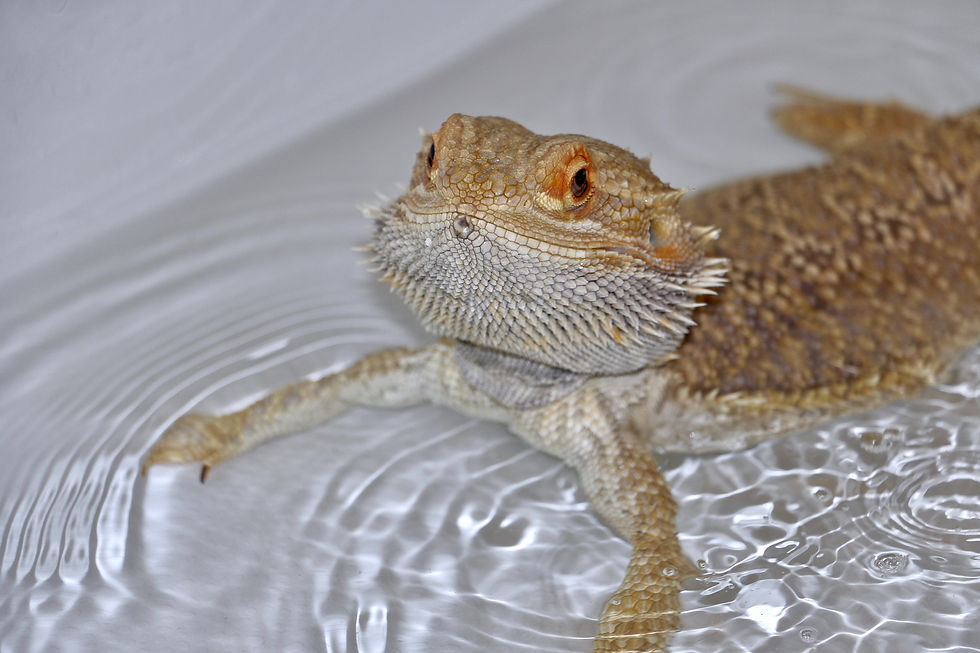Reptile First Aid: A Guide for Pet Owners
- Aubrey Oiller

- Aug 14, 2024
- 3 min read
Updated: Sep 2, 2025
Caring for reptiles is a unique and rewarding experience, but it comes with the responsibility of knowing how to handle potential health emergencies. Unlike cats and dogs, reptile illnesses and injuries can be more subtle and require specific knowledge, tools, and care. Having a first aid kit for reptiles on hand and learning basic reptile first aid procedures can make a huge difference in your pet’s health and recovery.
While most reptile keepers won’t face frequent emergencies, prevention and preparation are key. Still, unexpected situations can happen, so here’s a complete guide to help you stay prepared.

Recognizing Common Health Issues in Reptiles
Signs of Illness or Injury
Lethargy: Unusual inactivity or lack of response.
Weight Loss: Noticeable weight loss over a short period.
Respiratory Issues: Wheezing, bubbles from the nose, or open-mouth breathing.
Abnormal Skin: Sores, burns, or shedding issues.
Behavioral Changes: Aggression, hiding, or changes in eating habits.
Common Injuries and Issues
Bites and Scratches: From other pets or rough handling.
Burns: From heat lamps or heating elements.
Dehydration: Sunken eyes, wrinkled skin, and lethargy.
Shedding Problems: Retained shed on eyes, toes, or tail.
Impaction: Ingesting substrate or indigestible items.
Basic First Aid Procedures
Handling Wounds and Burns
Clean the Area: Use saline solution or diluted antiseptic to clean wounds.
Disinfect: Apply an anticeptic spray or antibiotic ointment (as prescribed by an exotics veterinarian).
Bandage: Use non-adhesive bandages to cover the wound if necessary.
Addressing Dehydration
Soak: Place your reptile in a shallow bath of lukewarm water for 10-15 minutes to rehydrate.
Electrolyte Solution: Provide a reptile-safe electrolyte solution if advised by a vet.

Treating Shedding Problems (Dysecdysis)
Humid Environment: Create a humid hide with misting, damp moss or paper towels.
Soak: Bathe in lukewarm water to help loosen retained shed.
Gently Assist: Carefully remove shed skin with tweezers if it doesn't come off naturally, being cautious not to harm the reptile. Seek vet help where needed.
Dealing with Impaction
Warm Baths: Soak in warm water to help stimulate bowel movement.
Massage: Gently massage the lower abdomen to assist in passing the impaction.
Diet Adjustments: Ensure proper diet and substrate to prevent future impaction. Research your reptile specie carefully to determine the correct diet and suppliments.

Essential Items for a Reptile First Aid Kit
Saline Solution: For cleaning wounds and eyes.
Antiseptic: Leucillin is great for disinfection and killing germs.
Non-Adhesive Bandages and Finger Cots: For wrapping wounds and keeping them clean.
Tweezers and Scissors: For removing shed skin and trimming bandages.
Cotton Buds & Gauze: For applying ointments and cleaning.
Digital Thermometer: To monitor enclosure temperature.
Reptile-Safe Electrolyte Solution: For rehydration.
Syringes and Pipettes: For administering fluids or medication.
Portable Heat Pad: For emergency heating on the go.
Gloves: For safe handling during first aid.
Small Notebook and Pen: To record symptoms, treatments, and progress.
When to Call an Exotics Veterinarian
First aid can stabilize your reptile, but some situations require immediate exotic pet veterinary care:
Persistent lethargy, weight loss, or abnormal behavior
Severe wounds, deep burns, or uncontrolled bleeding
Ongoing respiratory issues (wheezing, discharge, open-mouth breathing)
Impaction that doesn’t resolve after warm baths and massage
Any unknown or worsening illness
Knowledge is Power
Being prepared with a reptile emergency care plan and a well-stocked first aid kit ensures you can respond quickly when your reptile needs help. However, first aid is not a replacement for professional veterinary care—always seek help from a qualified reptile or exotics vet when symptoms persist or worsen.
With the right knowledge, tools, and prompt attention, your reptile can live a long, healthy, and happy life.
👉 Want to learn more about pet first aid for animals? Contact us today and sign up to a course . We’re here to help you keep your pets safe, healthy, and happy.




Comments